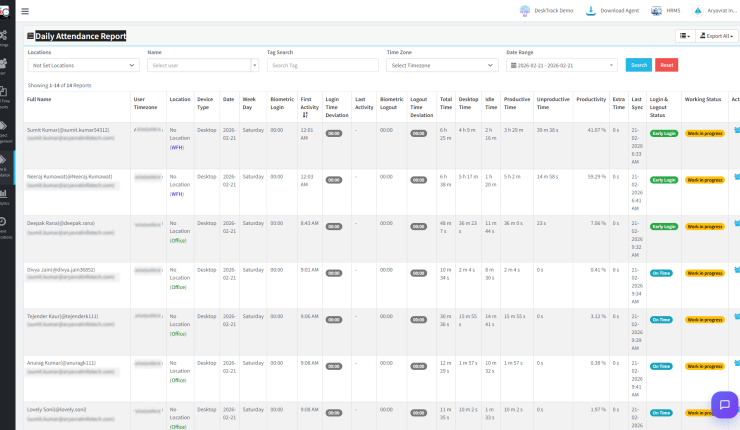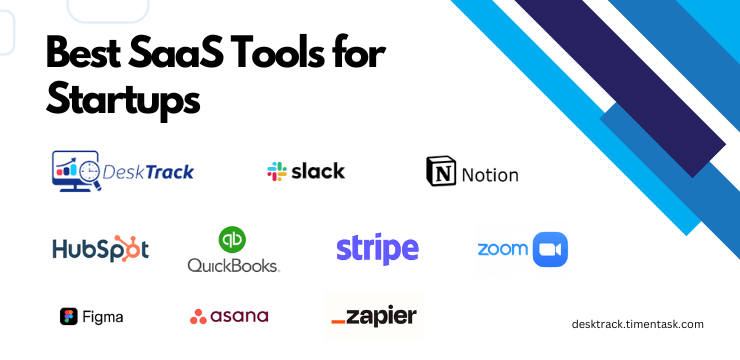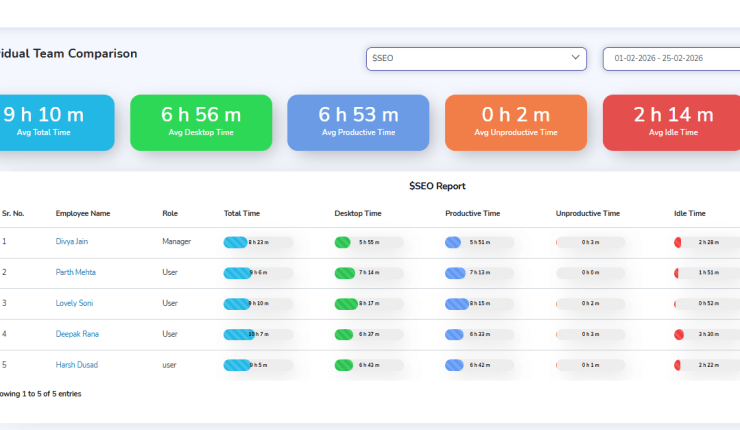Legal Process Outsourcing (LPO) has become an integral part of the legal industry. It offers law firms and legal departments the opportunity to optimize their operations and focus on core responsibilities.
In this blog, we will explore the various aspects of LPO, examples, benefits, and the status of LPO in India. We will also learn the different steps to choosing LPO services and the crucial distinctions between BPO, LPO, and KPO in this blog.
Examples of Legal Process Outsourcing
Legal Process Outsourcing includes numerous services such as IT and administration, contract management, legal research, etc. Law firms and legal departments often outsource tasks like document review, drafting contracts, and legal research to specialized LPO service providers.
IT and Administration
LPO services are not only legal expertise, they are beyond that. It includes IT and administrative tasks. Outsourcing these functions allows legal professionals to improve their workflow, reduce operational costs, and focus on delivering high-quality legal services.
Contracts
LPO can efficiently handle different tasks like drafting, reviewing, and managing contracts which are otherwise time-consuming processes. Companies outsource these services so that legal professionals can ensure accuracy, compliance, and timely completion, freeing up their time for more strategic activities.
Research
Legal research is a key component of any legal practice. LPO services provide access to skilled professionals who can conduct thorough research, staying ahead of legal developments and precedents. This enables law firms to make informed decisions and deliver quality-rich client services.
5 Key Benefits of Legal Process Outsourcing
The common benefits of the Legal Process Outsourcing are as follows:
Enhances Practice Area Expertise
After outsourcing routine tasks, legal professionals can focus on tasks that require their expertise in specific practice areas. This specialization enhances the overall quality of legal services, leading to improved client satisfaction and trust.
Provides Flexible Staffing for Your Client Cases
LPO offers flexibility in staffing, allowing law firms to scale their teams depending on the volume of work. This adaptability helps in ensuring that client cases are handled efficiently, without compromising quality or timelines.
Flat-fee Billing
LPO services generally operate on a flat-fee billing model. This provides cost predictability for law firms. Transparency in billing helps firms manage their budgets effectively, eliminating unexpected expenses.
Reducing the Cost of Legal Expenditure
Outsourcing routine tasks to LPO providers reduces operational costs for law firms. This cost-effectiveness helps firms to allocate resources strategically, invest in technology, and remain competitive in the market.
Provides Work-life Balance to Employees
Legal professionals can achieve a better work-life balance by automating repetitive tasks.
This not only improves job satisfaction but also contributes to higher productivity and employee retention within the legal workforce.
Get the best productivity monitoring software for employee performance.
What is the Status of LPO in India
India has emerged as a prominent destination for Legal Process Outsourcing. The country has an impactful legal infrastructure, a pool of skilled legal professionals, and cost-effective services. As a result, many international law firms and corporations choose Indian LPO providers to handle various legal tasks.
Top 7 LPO Service Providers in India:
The 7 most important companies providing LPO services in India are:
- Clutch Group
- Bodhi Global Services (P) Ltd
- CPA Global Ltd
- Pangea3
- Cobra Legal Solutions, LLC
- Datascribe LPO
- Integreon Managed Solutions, Inc
Top Client of Indian LPO Service Providers
The countries that outsource the Indian LPO services the most are:
- USA
- UK
- Canada
- Singapore &
- Gulf Countries
Trends of Legal Process Outsourcing in India
The latest legal trends in 2020 show that generally clients want law firms to function beyond traditional services and support. This requires legal firms to look for legal outsourcing services to stay profitable and competitive.
Studies show that the global legal process outsourcing market is estimated to jump up to a 3.1% rate from 2019 to 2025. Also, it is projected that this market will reach approximately $35.9 billion by 2025.
Steps to Choose LPO Services
When you think about outsourcing some of the tasks to LPO, the first concern is choosing an ideal service provider. So, we will help you with that. Let us find the key steps to choose LPO services here:
Check Experience and Expertise
Evaluate the experience and expertise of potential LPO service providers. A track record of successful projects and a deep understanding of legal processes are essential factors to consider.
Find if the LPO Service Provider is providing service in your Niche
Choose an LPO service provider that specializes in your niche or practice area. This ensures that the provider has a nuanced understanding of the legal intricacies relevant to your work.
Check Efficiency
Assess the efficiency of the LPO provider in delivering accurate and timely results. This can be determined by reviewing client testimonials, case studies, and performance metrics.
Find Out If It is Affordable or Not
While cost should not be the sole determining factor, ensuring that the LPO services align with your budget constraints is crucial. Consider the overall value and benefits offered by the provider about the cost.
Difference Between BPO, LPO, and KPO
BPO (Business Process Outsourcing), LPO (Legal Process Outsourcing), and KPO (Knowledge Process Outsourcing) are different outsourcing models with specific focuses. Let us understand the key differences between the three:
KPO
KPO involves outsourcing knowledge-intensive tasks that require specialized skills and expertise. This can include high-level research, data analysis, and strategic planning, often in niche industries.
Read More: Knowledge Process Outsourcing: A Comprehensive Guide
BPO
Business process outsourcing involves outsourcing non-core business processes, such as customer support, payroll, and data entry, to external service providers. It is a broader outsourcing concept that is beyond the legal domain.
LPO
LPO mainly relates to outsourcing legal tasks and processes to external service providers. It includes services like legal research, document review, contract drafting, and other legal support functions.
How can DeskTrack be helpful for the LPO Services?
DeskTrack is a productivity and employee time tracking software that can benefit LPO greatly. It helps monitor and analyze employee productivity, track billable hours, and ensure efficient utilization of resources. With features like automated time tracking, activity monitoring, and performance analytics, this software can enhance transparency and accountability in LPO operations.
Conclusion
Legal Process Outsourcing has become a key component for the legal industry, offering numerous benefits such as cost savings to improved efficiency. As a result, LPO services can position law firms and legal departments for success in an increasingly competitive market.


















